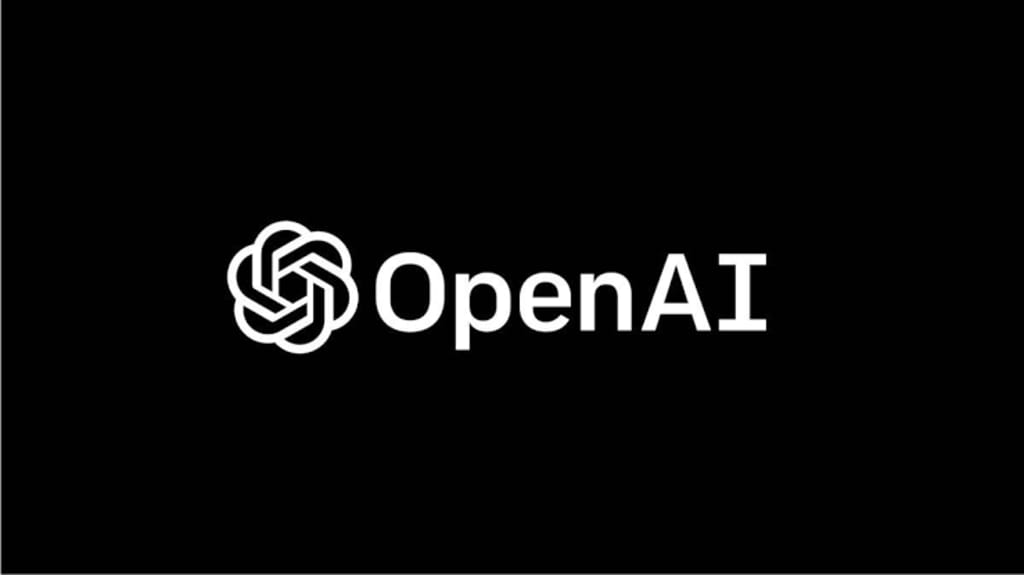
ChatGPT: THE FUTURE OF CONVERSATIONAL A-I
In recent years, artificial intelligence (AI) has advanced to the point where machines can understand and generate human-like text. This has led to the development of language models such as GPT-3 (Generative Pretrained Transformer 3) and the subsequent development of conversational AI models such as ChatGPT.
ChatGPT is a conversational AI model developed by OpenAI that uses the GPT-3 architecture. It has been fine-tuned specifically for conversational AI tasks, such as question-answering and dialogue generation. With ChatGPT, developers can build chatbots and virtual assistants that can understand and respond to natural language inputs in a human-like manner.
At its core, ChatGPT is a language generation model that uses deep learning techniques to predict the next word or sequence of words based on the input it receives. This input could be in the form of a question or statement, and ChatGPT generates a response that is contextually appropriate.
One of the key advantages of ChatGPT is its ability to generate text that is coherent and relevant to the conversation. This is achieved through its use of a transformer-based architecture that allows it to process long sequences of text and generate responses that are informed by the context of the conversation.
ChatGPT can be used in a wide range of applications, from customer service chatbots to virtual personal assistants. For example, a customer service chatbot built using ChatGPT could help customers troubleshoot issues with a product or service by answering their questions in a conversational manner.
Another potential use case for ChatGPT is in the field of mental health. Virtual mental health assistants powered by ChatGPT could provide emotional support and guidance to individuals who may be struggling with mental health issues. ChatGPT's ability to generate responses that are empathetic and human-like could make it an effective tool for providing mental health support.
WHAT ARE THE CONCERN OF chatGPT.
However, there are also concerns around the use of ChatGPT and other conversational AI models. One of the main concerns is the potential for these models to perpetuate biases and stereotypes present in the training data. To mitigate these concerns, developers must ensure that the training data used to fine-tune ChatGPT is diverse and inclusive.
Another concern is the potential for ChatGPT to be used for malicious purposes, such as generating fake news or deepfake videos. As with any AI technology, it is important to consider the potential ethical implications of its use.
In conclusion, ChatGPT represents a significant step forward in the development of conversational AI models. Its ability to generate human-like text has the potential to revolutionize the way we interact with technology. However, it is important that developers use this technology responsibly and consider the potential ethical implications of its use. Ultimately, the future of conversational AI will depend on how well we can balance the benefits of this technology with its potential risks.
Advantages and disadvantages of ChatGPT
Advantages of ChatGPT:
Human-like text generation: ChatGPT is able to generate human-like text, which makes it useful for building conversational AI systems that can interact with users in a natural and intuitive way.
Contextual understanding: ChatGPT has the ability to understand the context of the conversation and generate responses that are relevant to the conversation. This makes it more effective at answering questions and providing relevant information.
Speed and efficiency: ChatGPT is able to generate responses quickly and efficiently, which can improve the overall user experience.
Customization: Developers can fine-tune ChatGPT to suit their specific use cases, which makes it more flexible than traditional chatbot systems.
Scalability: ChatGPT is able to handle a large number of conversations simultaneously, which makes it useful for applications that require high levels of scalability.
Disadvantages of ChatGPT:
Potential for bias: Like any AI system, ChatGPT can be biased if the training data used to train it is biased. This can result in discriminatory or offensive responses.
Lack of emotional intelligence: ChatGPT does not have emotional intelligence and cannot understand or empathize with users on an emotional level. This can limit its effectiveness in certain applications, such as mental health support.
Lack of creativity: ChatGPT is limited to generating responses based on the input it receives and cannot come up with original ideas or solutions.
Difficulty in understanding complex language: ChatGPT may struggle to understand and generate responses to complex language or technical terms.
Dependence on training data: ChatGPT's effectiveness depends heavily on the quality and diversity of the training data used to train it. This can limit its effectiveness in applications where there is a lack of training data available.





Comments
There are no comments for this story
Be the first to respond and start the conversation.